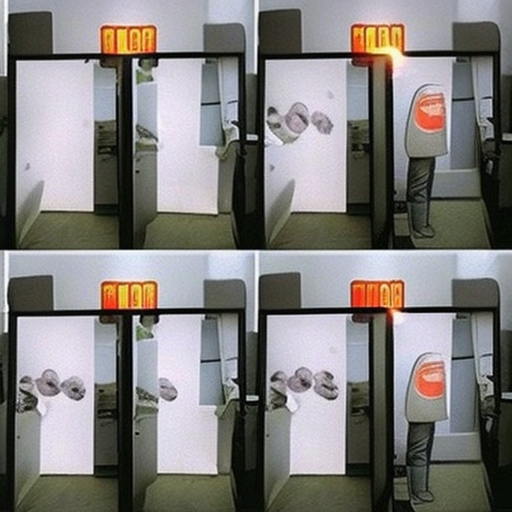Summary: Memes are a form of internet culture that have gained widespread popularity in recent years. They are humorous or satirical images, videos, or text that are shared and spread rapidly through social media platforms. Memes often reflect current events, trends, or cultural references and are created and shared by internet users around the world. They have become a significant part of online communication and have even influenced mainstream culture.
What are Memes?
Memes are a form of cultural expression that originated on the internet. They can take various forms, including images, videos, GIFs, or text. Memes are typically humorous or satirical and are shared and spread rapidly through social media platforms like Facebook, Twitter, and Instagram. They often rely on familiar cultural references, catchphrases, or inside jokes to convey their message.
Evolution of Memes
Memes have evolved significantly since their inception. In the early days of the internet, memes were primarily simple images or text-based jokes shared on forums and message boards. Over time, they became more complex and diverse, incorporating video clips, remixes, and even entire websites dedicated to meme culture.
Types of Memes
There are various types of memes, each with its own characteristics and formats. Some popular meme formats include image macros, where a humorous caption is added to an image; reaction memes, which express a specific emotion or reaction to a situation; and viral challenges, where users are encouraged to participate in a specific activity and share their experiences.
Impact of Memes
Memes have had a significant impact on internet culture and society as a whole. They have become a form of communication that transcends language barriers and allows people from different backgrounds to connect and share humor. Memes have also influenced mainstream culture, with memes often being referenced in television shows, movies, and even political campaigns.
Memes and Social Media
Social media platforms have played a crucial role in the spread and popularity of memes. The ease of sharing and the ability to reach a wide audience quickly have made social media the perfect medium for memes to go viral. Platforms like Reddit, 4chan, and TikTok have become hotspots for meme creation and sharing.
The Dark Side of Memes
While memes are generally lighthearted and humorous, they can also have a darker side. Some memes can be offensive, insensitive, or promote harmful ideologies. This has led to debates about the responsibility of meme creators and the impact of memes on society. It is important to strike a balance between freedom of expression and ensuring that memes do not perpetuate hate speech or harm others.
Memes in Marketing
Memes have also found their way into marketing and advertising. Brands have recognized the power of memes to connect with younger audiences and have incorporated them into their campaigns. However, this approach can be risky, as memes are often associated with authenticity and can backfire if perceived as inauthentic or exploitative.
The Future of Memes
As internet culture continues to evolve, so will memes. New formats and trends will emerge, and memes will continue to reflect the ever-changing landscape of popular culture. Memes will likely remain a significant part of online communication and continue to shape and influence our digital interactions.
In conclusion, memes are a form of internet culture that have become a global phenomenon. They are humorous or satirical images, videos, or text that are shared and spread rapidly through social media platforms. Memes have evolved over time and have had a significant impact on internet culture and mainstream society. While they can be lighthearted and entertaining, it is important to be mindful of their potential to perpetuate harmful ideologies. Memes will continue to evolve and shape our digital interactions in the future.












